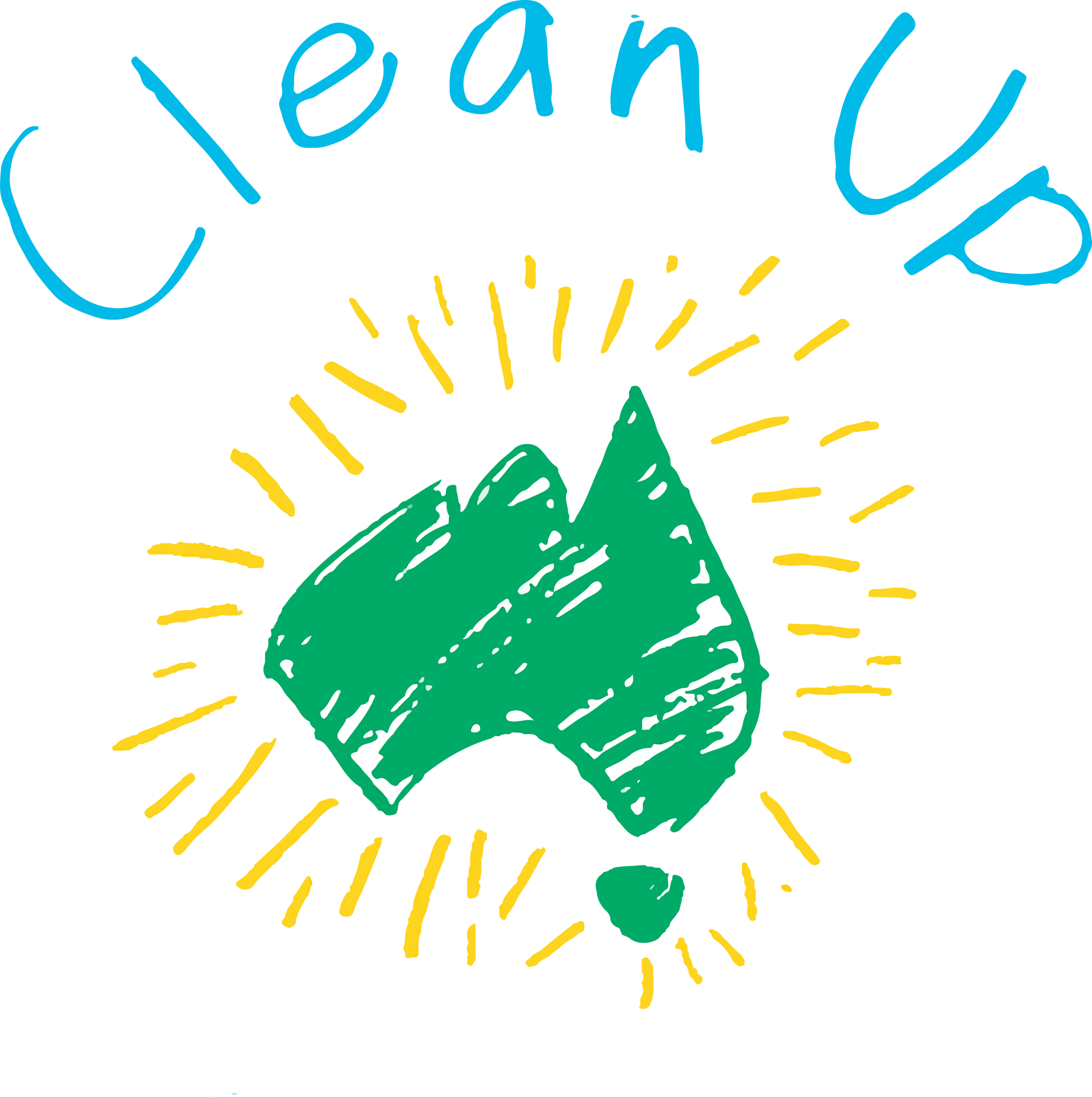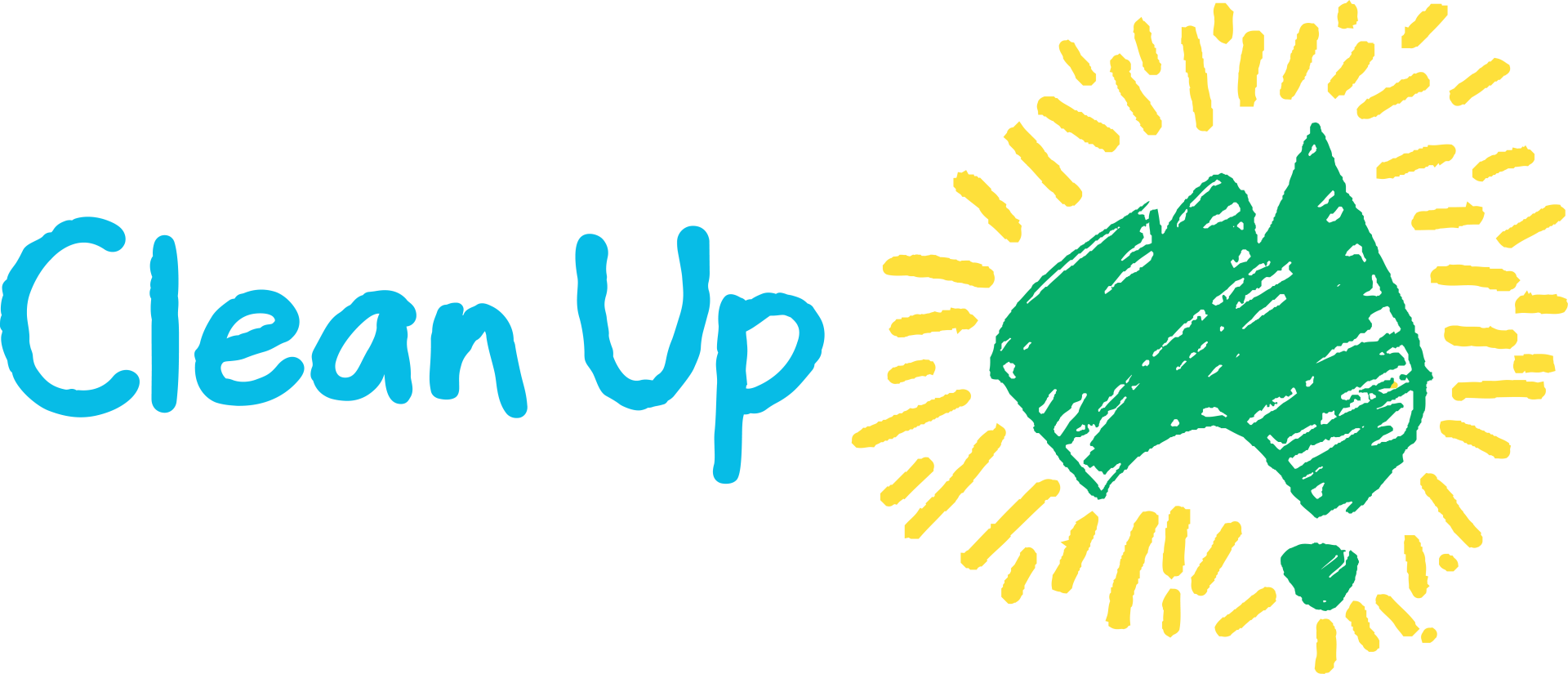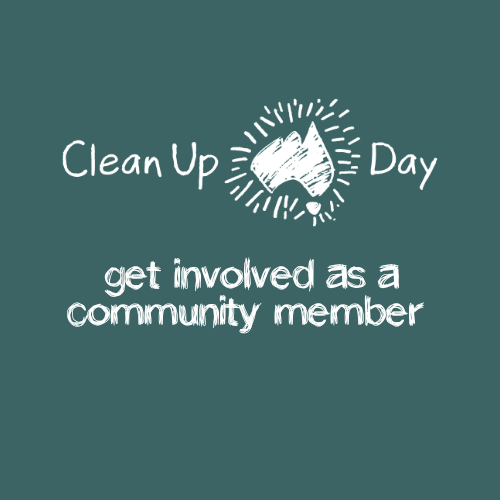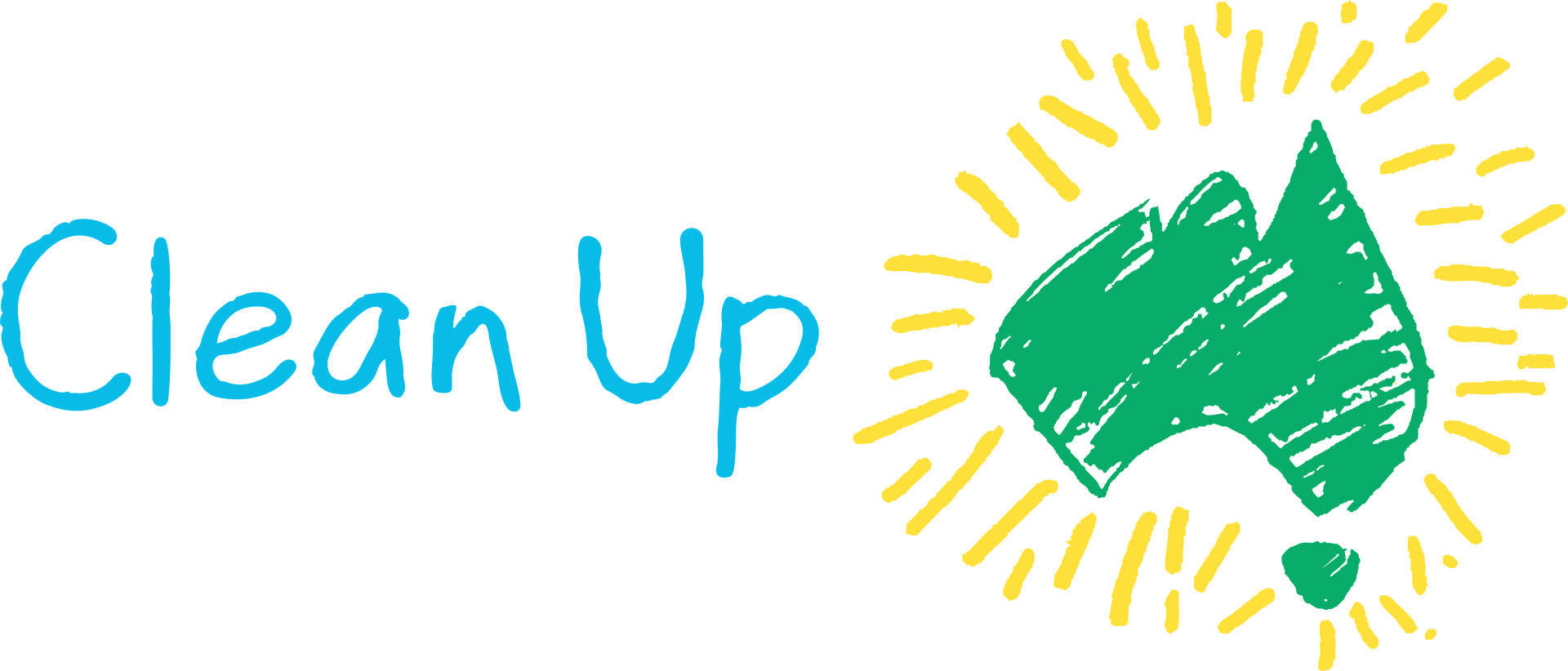Our soft plastic problem - explained
Last week, many Australians were shocked and disappointed to learn that it was no longer possible to recycle their soft plastics

REDCYCLE
For the majority of Australian households, REDcycle was the only soft plastic recycling option. By placing bins in Coles and Woolworths supermarkets across Australia, since 2011 REDcycle had collected more than 5.4 billion pieces of soft plastic and was currently collecting approximately 7000 tonnes of soft plastics a year.
WHAT HAPPENED?
REDcycle’s recycling and manufacturing partners who utilise the recovered material to produce recycled plastic products temporarily stopped accepting and processing soft plastics. One company that took the plastic had suffered a drop in demand for recycled goods after the pandemic, while a fire had damaged another factory.
BUT WHAT’S THE REAL ISSUE HERE?
In spite of a series of new laws clamping down on problematic and single-use plastics, Australia consumes, manufactures and produces more plastic waste than we have domestic capacity to recycle.
Only about 13 per cent of plastics are recycled in Australia and with major waste export markets like China closing their borders, there are too few local operators to handle the tonnes of plastic waste we produce annually.
SO HOW DOES AUSTRALIA COMPARE IN ITS PLASTIC USE?
Australians generate more single-use plastic waste per capita than any other country in the world – about 60 kilograms a year – which is almost four times the global average according to research from the Minderoo Foundation. By contrast, the average person in China generates 18 kilograms and in India, that figure is only 4 kilograms a year.
Each year, every person in Australia (on average) uses 45 plastic produce bags, 50 plastic straws, about 70 plastic cups for hot liquid and 35 for cold, according to a 2021 report commissioned by the Australian government. These single-use plastics make up about a third of the litter on the street.
In June this year NSW became the last Australian jurisdiction to ban single-use shopping bags – some 13 years after South Australia pioneered the ban. However many retailers continue to hand out free plastic bags to shoppers, replacing single-use plastic bags with similar but thicker alternatives to comply with government legislation.
SO WHAT CAN WE DO?
Recycling must become "the last line of thinking" in tackling plastic waste; it can’t be considered a magic bullet solution. The primary thought process should be: how can I avoid this in the first place. We need to get in the habit of refusing, reducing and reusing before we consider recycling.
We must make conscious choices and look at how we can cut down on any unnecessary plastics by thinking carefully about our purchases and the volume of plastic waste that we’re producing. As consumers we can exert a lot of influence by our purchasing decisions.
- Take your reusable shopping bag and look how the food you’re buying is packaged.
- Try to buy in bulk where possible and avoid buying pre-packed or pre-weighed fruits and vegies.
Ultimately though we have to grow the demand for materials made out of recycled content.
Nothing is truly recycled until it re-enters the market as a recycled-content product and someone buys it.
Developing end markets for recycled plastics is essential. There is no point collecting it if there is nowhere for it to go. Purchasing products and packaging made from recycled content means we’re extending the life of resources we have already used and reducing the need to extract new ones from our precious planet.
If there is no market for the material we recycle, then it has to go to landfill.
LOOKING FORWARD
At the recent meeting of Environment Ministers, waste and the circular economy were highlighted as a critical priority, requiring national coordination both from a policy and investment perspective. State and federal ministers agreed to new targets for 2025, including making packaging 100 per cent reusable, recyclable or compostable, 75 per cent of plastic packaging being recycled or composted, 50 per cent of recycled content included in packaging and phasing out unnecessary single-use plastics.
Australia - and our planet - face unprecedented environmental challenges.
Clean Up Australia Day is an opportunity to take positive action. Will you show you care?
Search for other blog topics:






